Comedy Festivals: A Stage for Rising Stars and Established Titans
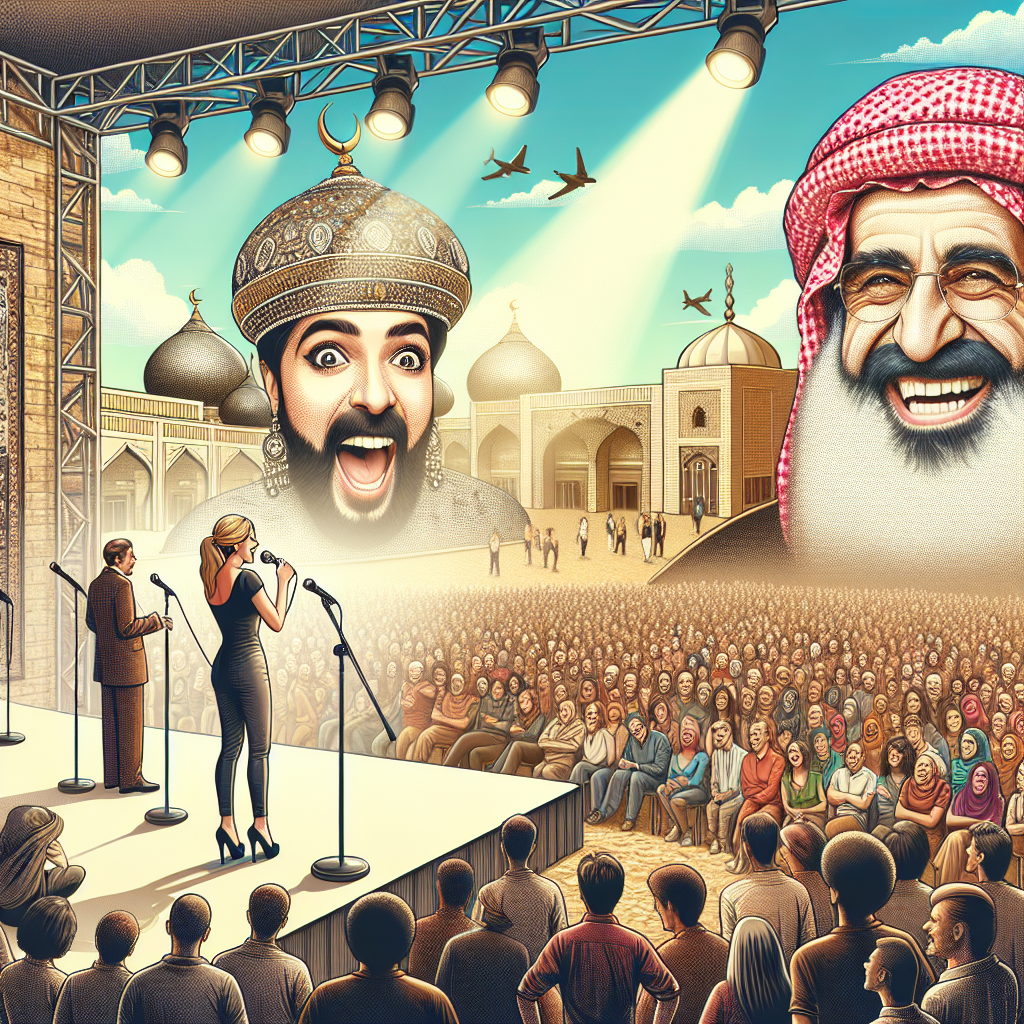
Table of Contents
- Introduction
- The Evolution of Comedy Festivals
- H2: The Edinburgh Festival Fringe
- H2: Just for Laughs
- The Importance of Comedy Festivals
- H3: Launchpad for New Talent
- H3: Networking Opportunities
- H3: Audience Engagement
- Diversity in Comedy
- H2: Women in Comedy
- H2: International Comedy Festivals
- Best Practices for Comedians at Festivals
- H3: Prepare Your Set
- H3: Network Effectively
- H3: Leverage Social Media
- Conclusion
- H2: Future of Comedy Festivals
- External Links
Comedy festivals have solidified their status as essential platforms for both emerging talent and seasoned comedians. These vibrant events create unparalleled opportunities for artists to showcase their skills, connect with fans, and network with industry professionals. This article explores the multifaceted nature of comedy festivals, their impact on the comedy scene, and why they are pivotal to the careers of both novice stand-ups and established titans.
Introduction
Comedy is a universal language that can bring people together, inspire laughter, and provoke thought. As the world becomes increasingly interconnected, comedy festivals have emerged as a vital part of this landscape, serving as a melting pot of cultures and comedic styles. With numerous festivals happening around the globe, each featuring diverse lineups, the question arises: What makes these events particularly important in today’s entertainment industry?
The Evolution of Comedy Festivals
Historically, comedy showcases were limited to small local venues or special television segments. However, as the demand for live entertainment grew, comedy festivals began to emerge. In the late 20th century, festivals like the Edinburgh Festival Fringe and Just for Laughs in Montreal started to set the standard for large-scale comedic events, paving the way for many others.
H2: The Edinburgh Festival Fringe
The Edinburgh Festival Fringe, established in 1947, is often considered the world’s largest arts festival. Its impact on the comedy industry cannot be overstated. The festival has launched numerous careers, including those of some of today’s most renowned comedians. Its open-access policy allows performers from various backgrounds to showcase their work, creating a vibrant and diverse lineup.
H2: Just for Laughs
Just for Laughs, held annually in Montreal, Canada, is another cornerstone event in the comedy calendar. Established in 1983, this festival features both English and French comedy, attracting a global audience. The event has become a critical venue for talent scouting, with many agents and producers attending to discover the next big star.
The Importance of Comedy Festivals
Comedy festivals serve several vital functions that contribute significantly to the overall health of the comedy industry.
H3: Launchpad for New Talent
One of the primary roles of comedy festivals is as a launchpad for emerging comedians. Many comedians credit their festival performances as pivotal moments in their careers. For example, breakout stars like Hannah Gadsby and John Mulaney gained significant attention after performing at these festivals.
H3: Networking Opportunities
Comedy festivals are not just about performing; they are also invaluable for networking. Comedians can forge connections with producers, agents, and other comedians, leading to subsequent opportunities—whether in television, film, or continuing festival performances.
H3: Audience Engagement
Festivals provide a unique environment where comedians can engage directly with audiences. This instant feedback loop allows performers to refine their sets, experiment with new material, and gauge audience reactions in real time, a crucial aspect in the growth of a comedian’s craft.
Diversity in Comedy
As the landscape of comedy continues to change, so does the composition of acts at festivals. Many events are now prioritizing diversity, ensuring that performers from various backgrounds have a platform. This shift not only enriches the comedy scene but also allows for a more comprehensive representation of societal issues.
H2: Women in Comedy
Female comedians have historically been underrepresented in the realm of stand-up comedy. However, festivals have increasingly made strides toward inclusion. Events like the Women in Comedy Festival in Boston aim to elevate female voices, demonstrating that comedy is no longer a boys’ club.
H2: International Comedy Festivals
With globalization, international comedy festivals have gained popularity. They offer comedians from non-Western countries a chance to showcase their talents on a global stage. Festival circuits like the Melbourne International Comedy Festival are welcoming acts from different cultures, fostering global dialogue through humor.
Best Practices for Comedians at Festivals
For comedians, participating in a festival is both an honor and an opportunity. Here are some best practices to maximize their festival experience:
H3: Prepare Your Set
Comedians should take the time to craft a well-honed set that showcases their unique voice. Practicing in front of a live audience prior to the festival can be tremendously beneficial in building confidence and refining material.
H3: Network Effectively
A vital aspect of performing at any festival is networking. Comedians should approach fellow performers, industry professionals, and audience members. Attending workshops and panels can also offer insights and connections.
H3: Leverage Social Media
In today’s digital age, social media serves as a significant tool for comedians. Creating content around the festival experience can help build a personal brand and garner more followers. Engaging with fans post-performance can further enhance this connection.
Conclusion
Comedy festivals hold a unique and indispensable place in the entertainment landscape. They not only provide a platform for rising stars and seasoned veterans but also contribute to the evolution of comedic storytelling and cultural exchange.
H2: Future of Comedy Festivals
Looking ahead, the future of comedy festivals appears bright. As the comedy landscape continues to evolve, these festivals will remain a crucial element—adapting to audience demands, fostering diversity, and prioritizing inclusivity. For comedians, whether just starting out or established in their careers, comedy festivals are not just events; they are a cornerstone of opportunity and a celebration of shared laughter.
For more insights about navigating the comedy industry and enhancing your entrepreneurial journey, check out our Entrepreneur Resources.
External Links
By emphasizing the importance of comedy festivals, this article serves to enlighten aspiring comedians and industry veterans alike on the opportunities available within these vibrant celebrations of humor.
Latest Posts
You Might Also Like

Lorem ipsum dolor sit amet, consectetur adipiscing elit. Ut elit tellus, luctus nec ullamcorper mattis, pulvinar dapibus leo.
TOP NEWS
Copyright © 2025 FunnyShowStreaming.site | All rights reserved.
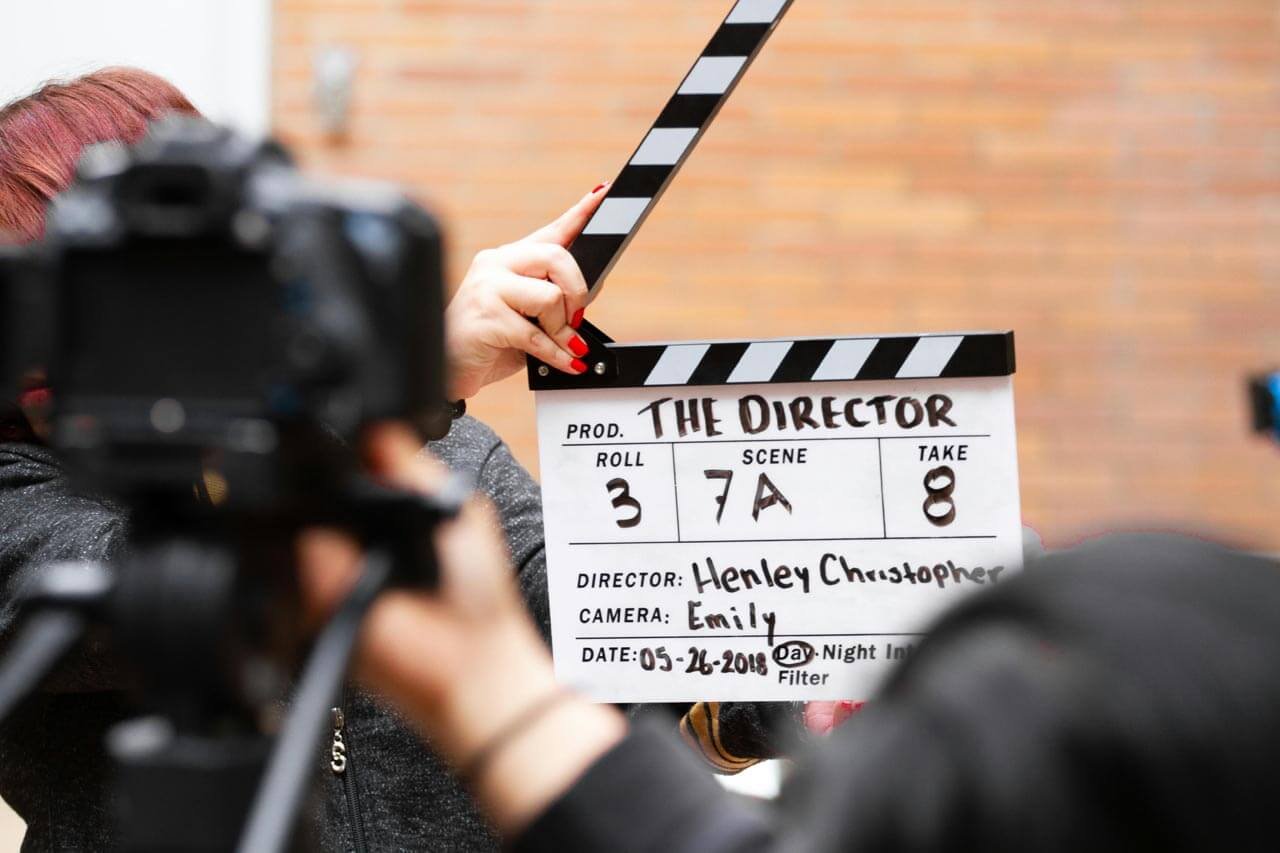

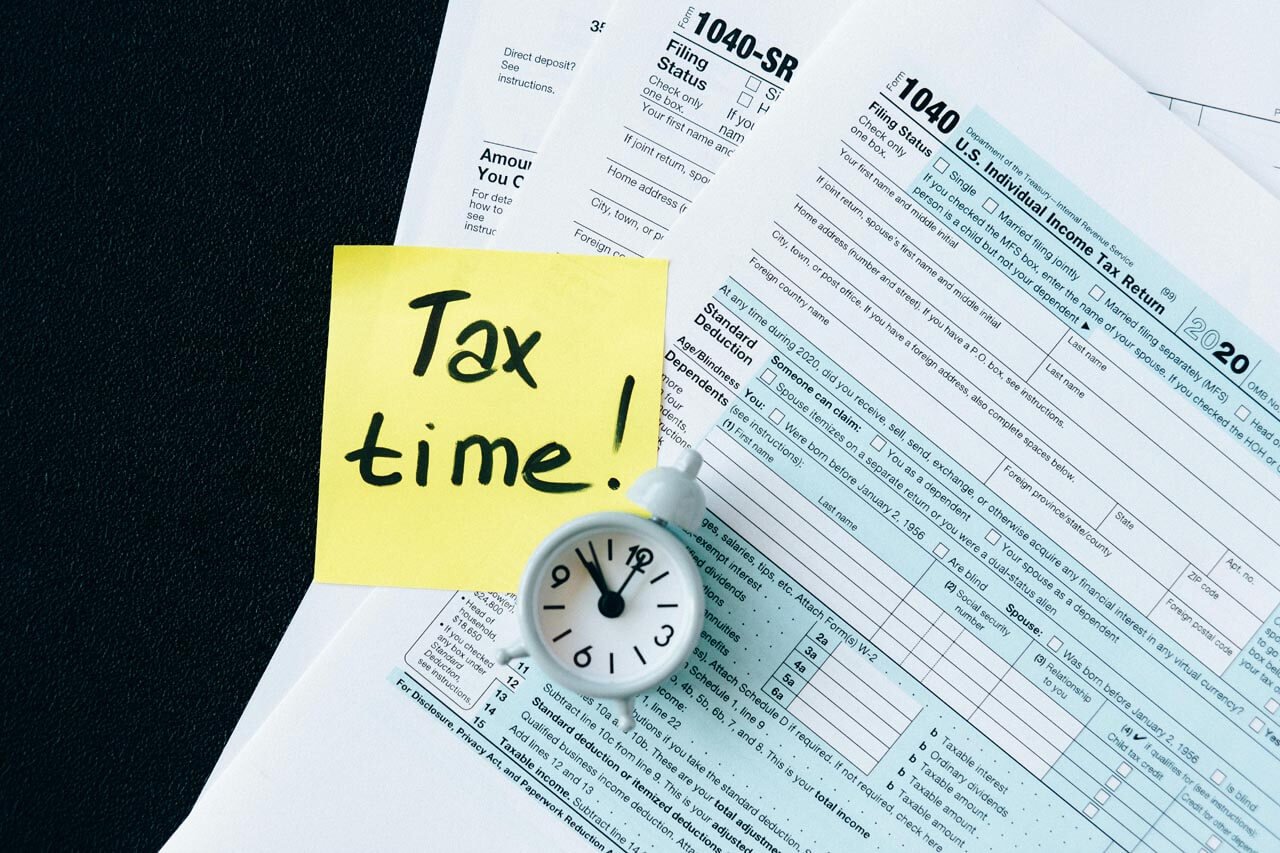
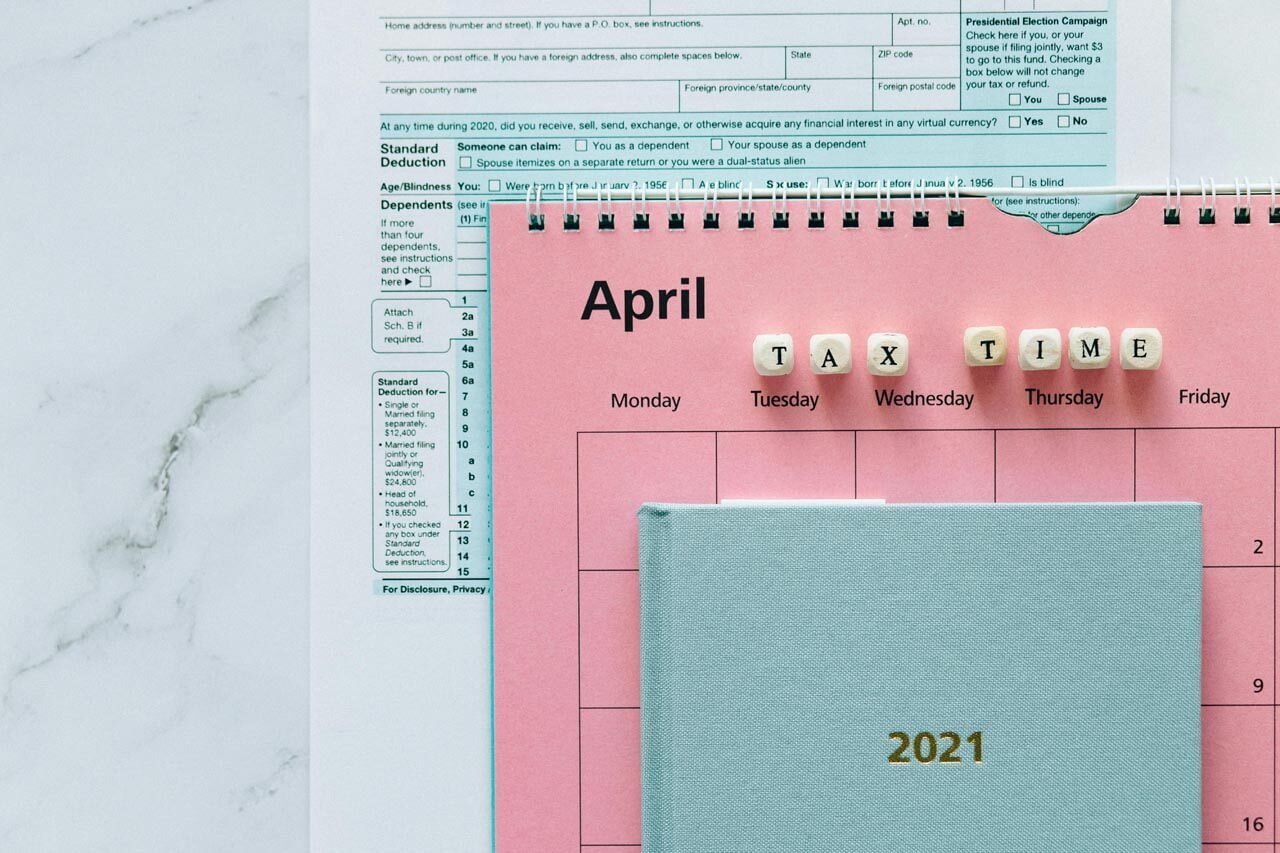

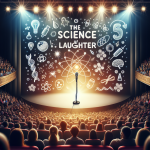
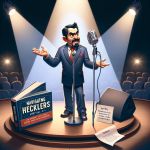





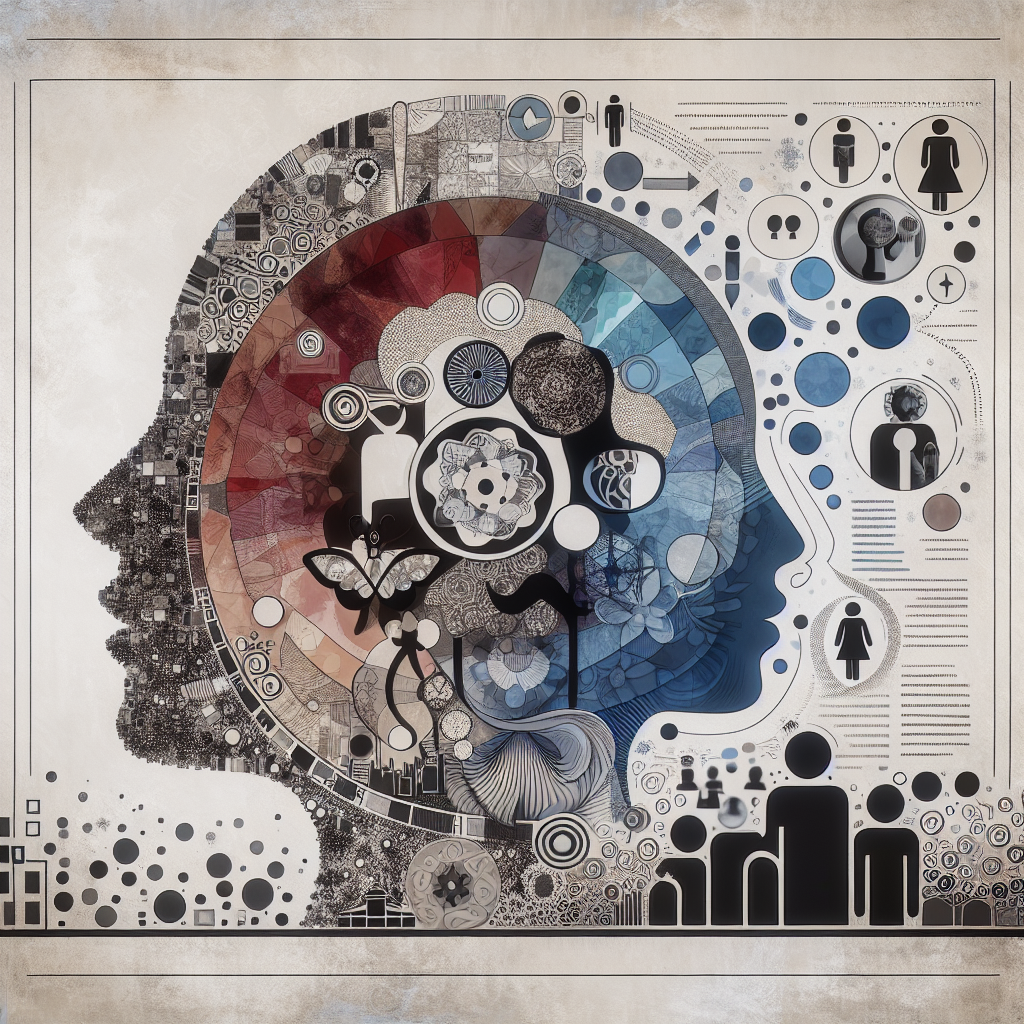
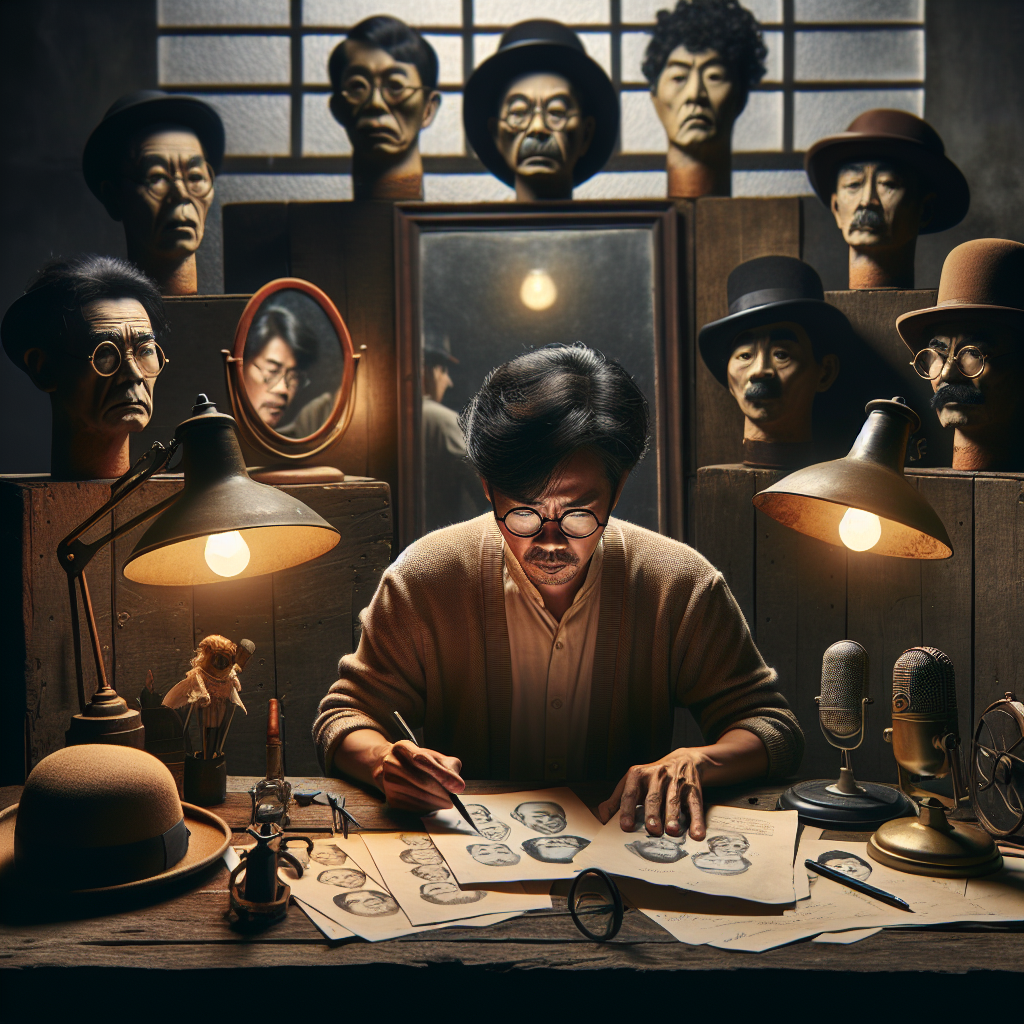
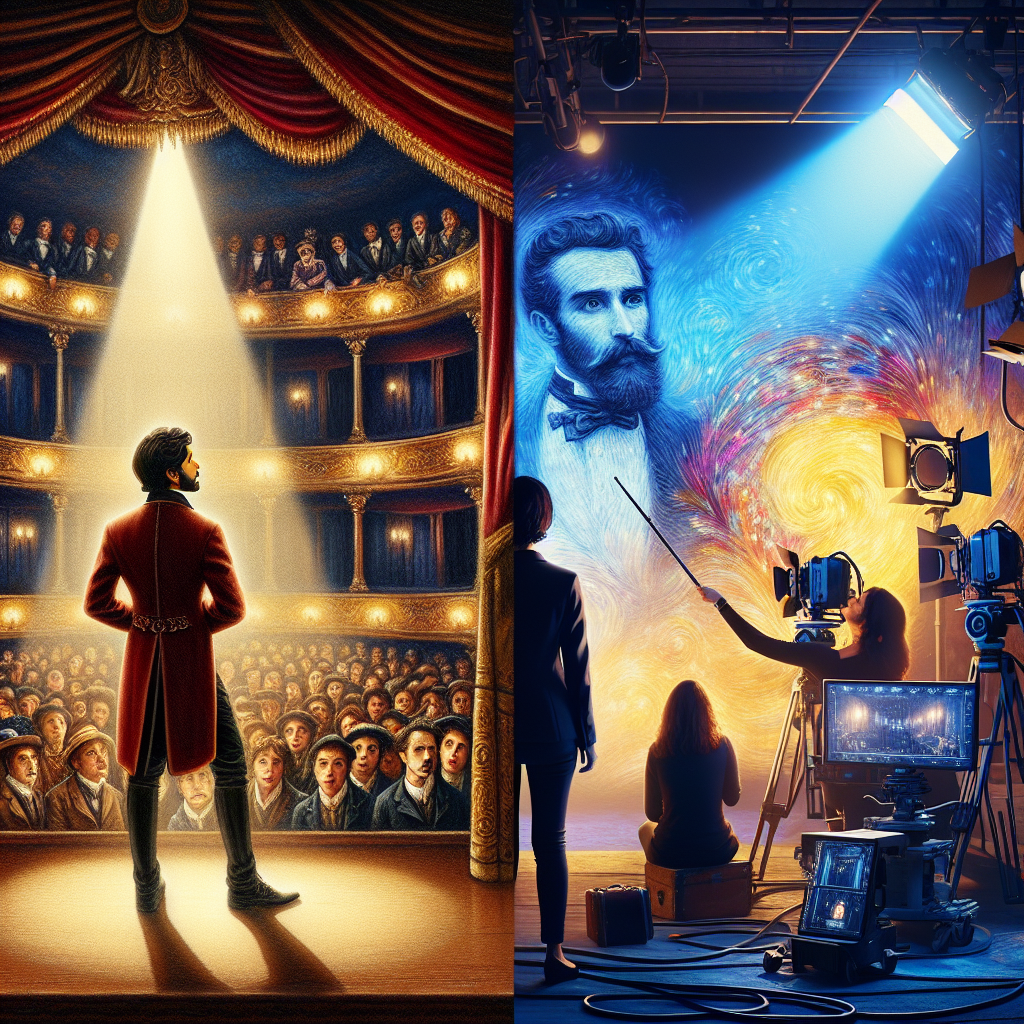
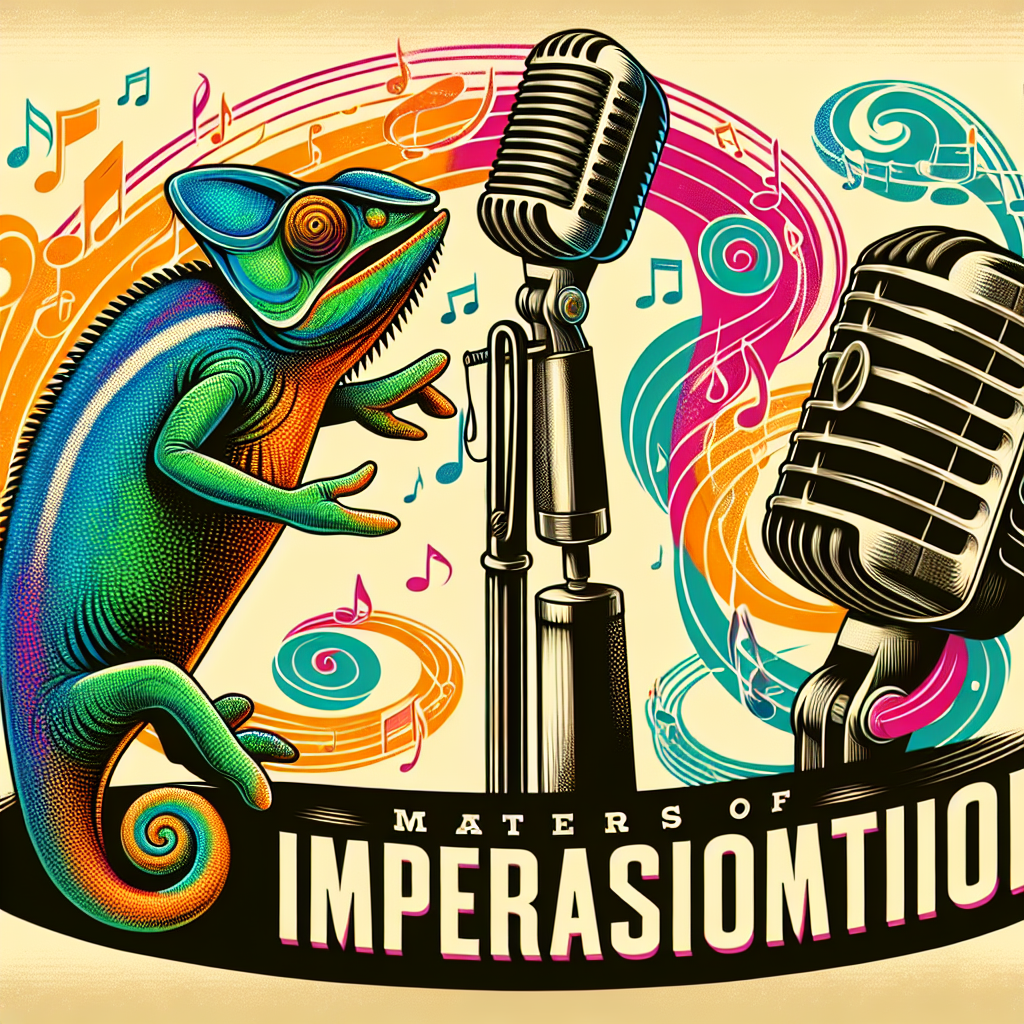



Comments are off for this post.